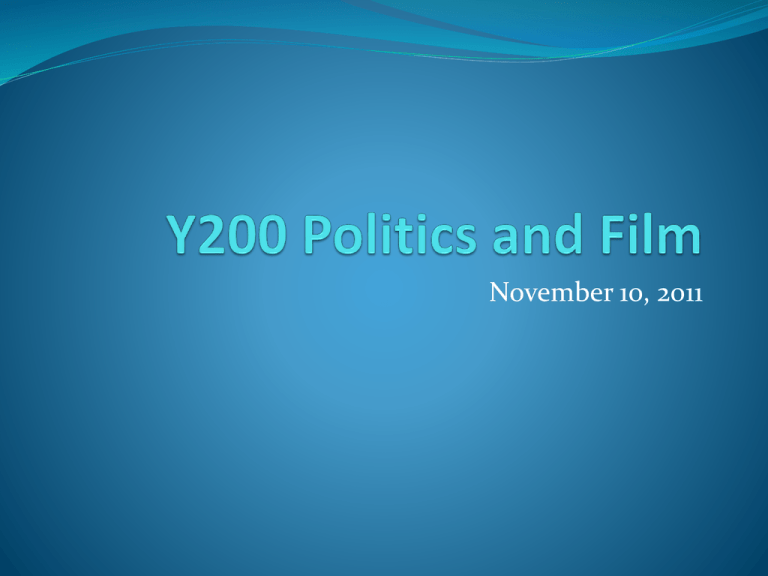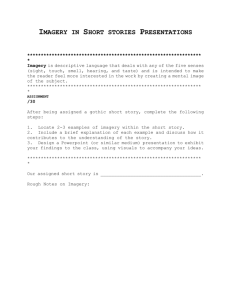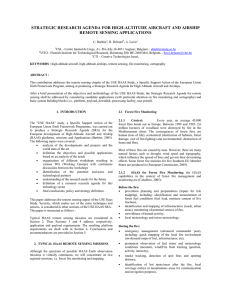November 10, 2011
advertisement

November 10, 2011 Christensen and Haas Conclusions “Political movies have debated the great issues of the day as the nation debated them, sometimes ahead of the public and sometimes lagging behind, sometimes dissenting and sometimes reinforcing. Regardless of the state of the union, however, some ideas about politics are constantly reiterated by movies. If audiences absorb these repeated messages, their cumulative effect must surely be cynicism and apathy.” (p. 278) Structural Constraints The use of stars to portray “heroes” Audience preference for melodramas (conflict that must be solved by heroes) More from Christensen and Haas Hollywood movies have “rightly condemned intolerance and corruption.” More negatively, they have “told us to rely on leaders and heroes for salvation, ignored the alternative of collective action, and neglected or condemned opinions that stray from the mainstream.” They have “disparaged politics in presenting it as evil and corrupting.” They “warn us to stay away from politics…” p. 288 Rambo Yankovic video Films that Christensen and Haas Admire Mr. Smith Goes to Washington Reds Matewan Do the Right Thing Natural Born Killers Wag the Dog (viewed more favorably than the more successful film, Dave) Images of Democracy Visual Symbols of American Democracy The monuments and buildings of Washington, D.C. The founding fathers The great presidents: Washington, Jefferson, Lincoln The people and the land Elections and Campaigns Government in Action Grass Roots Politics Democratic power imagery 8 Imagery of Power Military vs. non-military capabilities Coercive vs. persuasive power Legitimate or institutionalized power (authority) vs. illegitimate power Representation of power in terms of institutional symbols 9 Good vs. Bad Government Frescoes in Siena by Ambrogio Lorenzetti 1338-1340 10 Jabba the Hut Imperial power imagery 12







